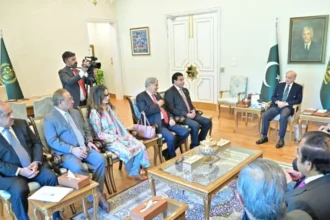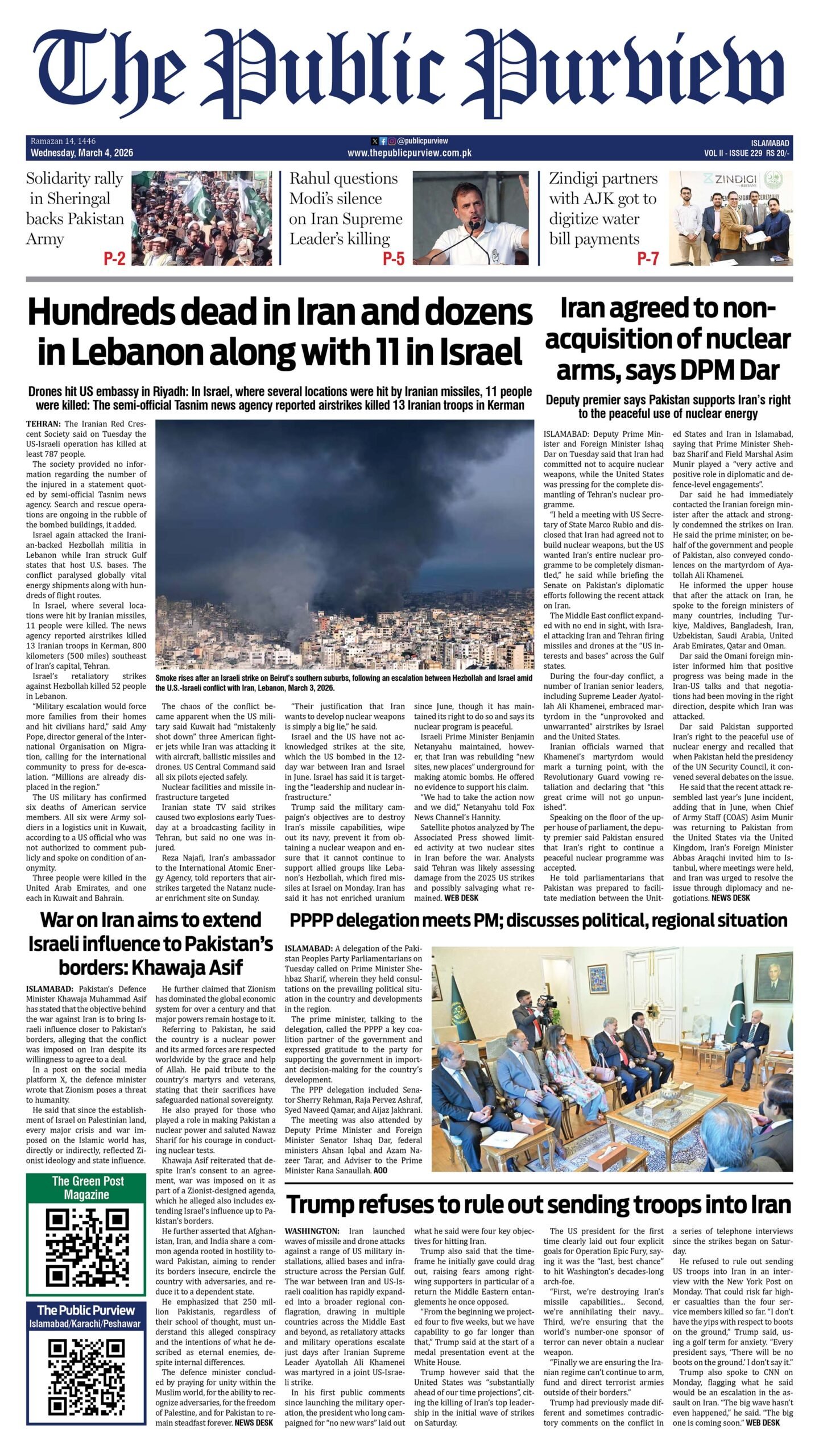Tarbela Dam, often regarded as the backbone of Pakistan’s energy and development, has once again become the center of attention. This time, however, the spotlight falls not on water flow or electricity generation, but on the hardships faced by the workers whose sweat and sacrifice keep this national asset running. The Tarbela Workers’ Convention reaffirmed a powerful truth: monumental projects rely not just on steel and concrete, but on the strength and dignity of labor.
Encouragingly, foreign representatives attended the convention. The presence of the Director General of the Global Workers’ Union and the Regional Head Pacific elevated workers’ concerns to the international stage. However, the pressing question remains: will their participation lead to tangible reforms, or was it merely symbolic?
Labor leaders voiced frustration over the imbalance in priorities. While billions of rupees fund WAPDA expansion projects—with advanced machinery and imported equipment—worker safety and welfare remain neglected. On one hand, institutions and officials claim to enforce safety policies. On the other hand, laborers continue working under hazardous and insecure conditions.
Moreover, reports of halted funding for the “Belao Cut” project have raised alarms. These decisions not only threaten the timely completion of critical infrastructure but also jeopardize the livelihoods of thousands who depend on them. In contrast to the promises made, workers face uncertainty and economic strain.
The undeniable reality is clear: no project can succeed without labor. Machines function only when guided by human hands and hearts. If workers remain unsafe, underpaid, and deprived of rights, projects may look successful on paper but will fail in practice.
Therefore, it is time for the government, WAPDA administration, and global organizations to move beyond formal statements. They must implement modern safety protocols, ensure fair wages, and introduce sustainable welfare initiatives. Ignoring these issues will not only stall development but also weaken Pakistan’s economic foundation.
The Tarbela Workers’ Convention served as a timely reminder. Grand projects remain incomplete without labor. And let us not forget—the sweat-stained helmets of workers are the true shining stars of Pakistan’s progress.







 Today's E-Paper
Today's E-Paper